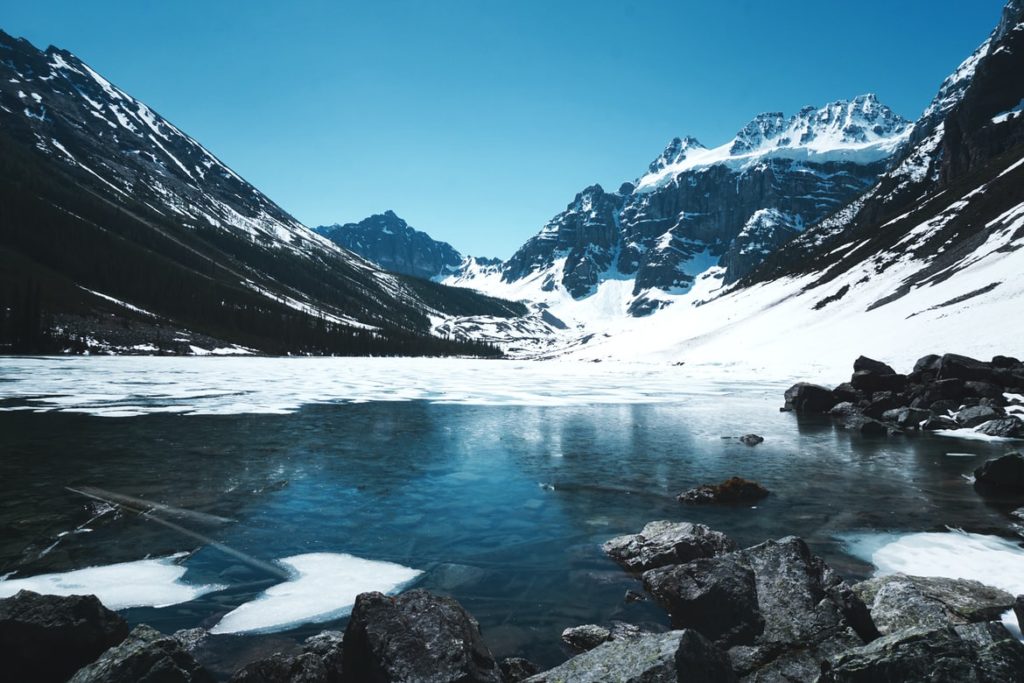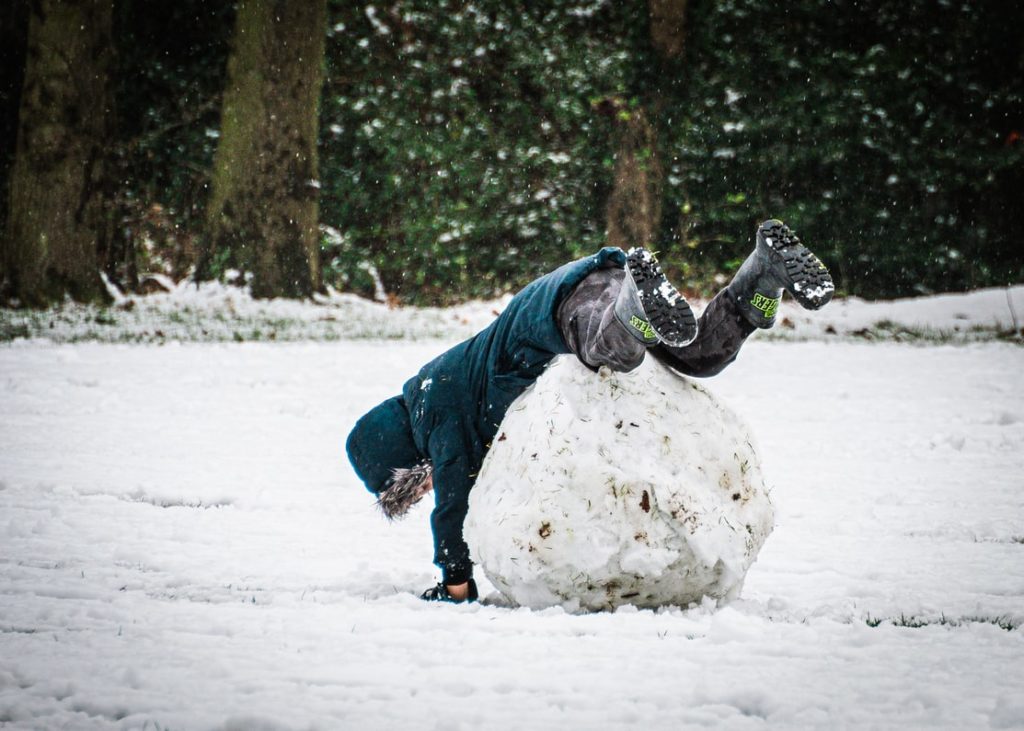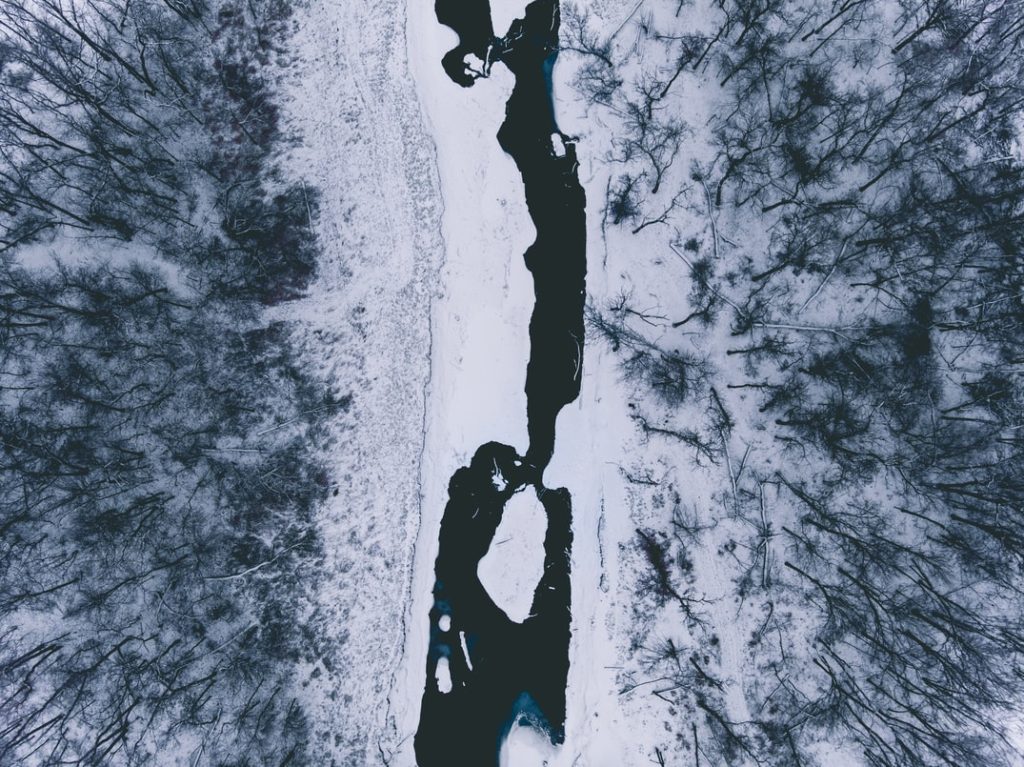United States (Alaska)
Ice is vital for Alaskan ecosystems and communities. Plus, it’s fun to play with! Fresh Eyes on Ice uses citizen science to support river ice safety and long-term research on changing ice conditions.
Whether you’re a fisherman, a skater, or a snowman artist, lakes, rivers and ponds turn into a winter wonderland when temperatures drop. But winter is a rapidly changing season in the Arctic and having a solid understanding of freshwater ice and its behaviour is crucial for the communities that rely on frozen lakes and rivers.
Fresh Eyes on Ice is the University of Alaska Fairbank’s (UAF) ice observation network that brings together scientists, Alaskan communities and local youth to study changing winter conditions and promote ice safety.

Credit: Maarten van den Heuvel, Unsplash
With support from the National Science Foundation and NASA Citizen Science for Earth Systems Program, the network focuses on interior, western, and northern Alaska, a large territory to cover for researchers. That’s why the project is centred around Community-based Monitoring Teams (CBMTs) — local scientists team up with a teacher and their classroom students to gather ice data and share their findings with other members of their community.
Kids learn how to play safely on ice but also explore physics, weather and climate, and the environment, and their discoveries contribute to large scale, cutting edge climate change research. In the hope of sparking interest in science, the network developed lesson plans and age-appropriate learning activities that invite students to observe changing ice conditions, reflect on the importance of ice for animals and people, and connect ice science to their own personal stories.

Join in the winter fun! Credit: Pauline Bernfeld, Unsplash
Anyone can access the network’s findings and reports. Fresh Eyes on Ice’s estimates of ice thickness and overflow conditions can be used to make informed decisions about safe winter travel and recreation on local rivers and lakes. The project also partners with communities and organisations like the Tanana Chiefs Conference and the Alaska Climate Adaptation Science Center Tribal Resilience Learning Network to make sure the research is meeting the needs of river communities.

Credit: Brydon McCluskey, Usnplash
AtlasAction: Become a citizen scientist and help researchers keep track of ice changes.
►Discover the best citizen science projects on the Atlas.
Project leader
University of Alaska Fairbanks
Support the Atlas
We want the Atlas of the Future media platform and our event to be available to everybody, everywhere for free – always. Fancy helping us spread stories of hope and optimism to create a better tomorrow? For those able, we'd be grateful for any donation.
- Please support the Atlas here
- Thank you!

